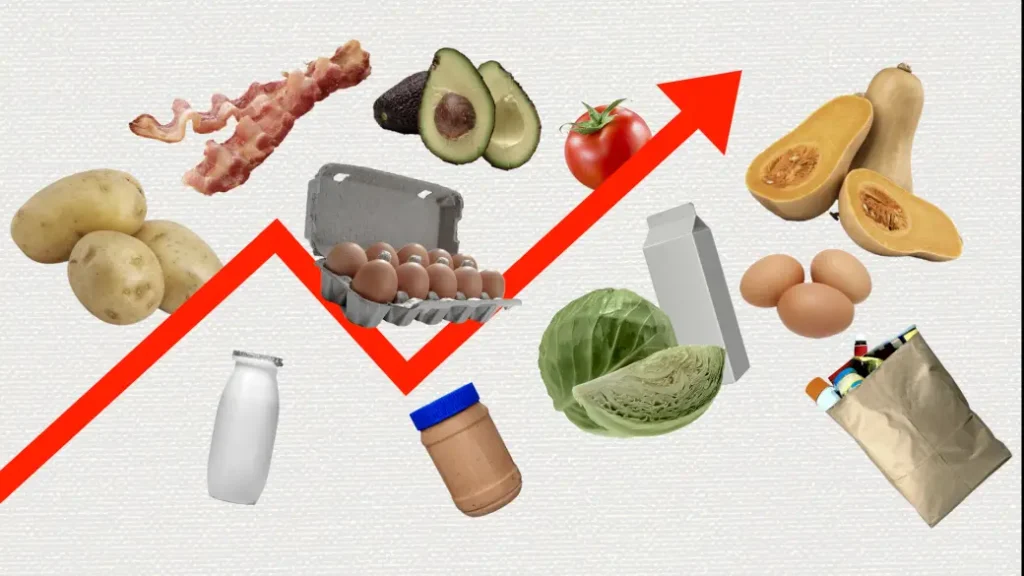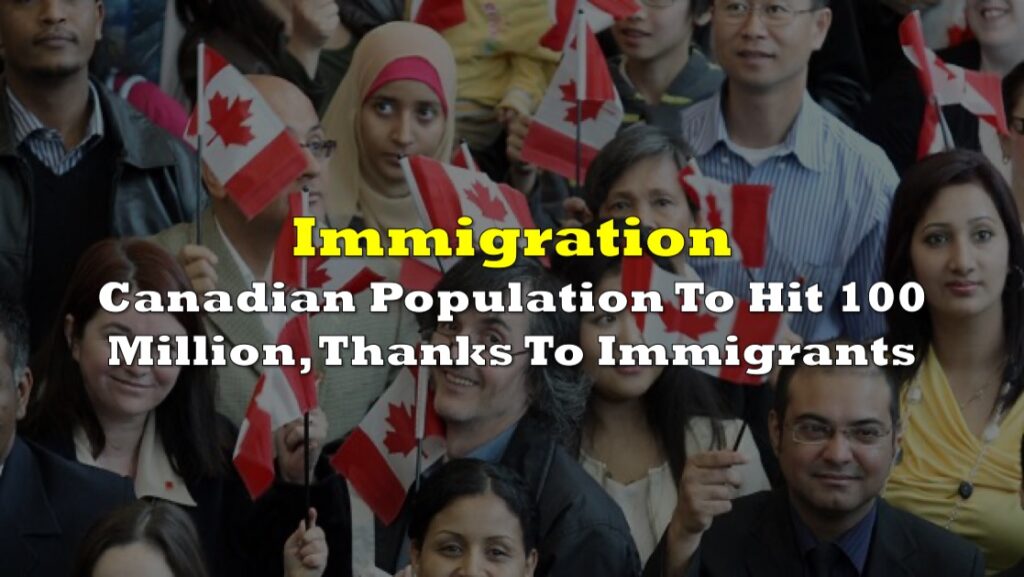Taboos have consequences.
In India, Hindu national and state governments have introduced increasingly strict laws prohibiting the slaughter of cows, honouring Hinduism’s taboo against eating beef. The results are chaotic. Business Insider recently reported that the country has 5 million stray cows, which roam around “eating garbage, causing car accidents, attacking people, and spreading disease”.
This is not to say that the legislation or religious beliefs behind it are necessarily wrong, but simply to make the point that taboos, “a social group’s ban, prohibition, or avoidance of something (usually an utterance or behavior)” have very real consequences in the material world.
In Canada, there is a strong taboo against immigration restriction or critique of any kind. The victims have been many varied: Kellie Leitch, Don Cherry, David Suzuki, Jason Kenney, and François Legault, to name a few. Canadians have internalized the message inherent in the ritual punishment of public figures brave or foolish enough to violate the sacred values of our post-national state. We know that the topic of immigration is off-limits, and are reticent to broach it, even in private conversations.
If a political consultant were to base their advice only on polling data (the most objective available data on public opinion), they would inform prospective candidates that running on immigration restriction would be a very popular position. However, consultants must take into account the negative effects of the combined firepower of the media, academia, corporations and celebrities, and their search-and-destroy campaign on any taboo violating politician.
One of the most consequential real-world consequences of this strange and long-standing feature in the Canadian psyche is the housing crisis. To be sure, there are many reasons that housing is more expensive than it ought to be, including unscrupulous speculation. And of course, there are several ways to moderately reduce the price of homes, such as British Columbia’s empty homes tax.
However, the only reason for the housing crisis is mass immigration. Simply put, demand outweighs supply. Without immigration, Canada’s fertility rates are such that our population would decline and eventually stabilize over time. With 500,000 new residents per year, combined with an annual million international students and foreign workers, we are stuck in a perpetual loop of increasing prices. The only way to solve the housing crisis is immigration restriction.
With the above context in mind, the immigration taboo is the only explanation for Poilievre’s reality-defying housing policy. He consistently cites inflationary spending and government “gatekeepers” as contributing to the housing crisis. The CPC leader is promising to massively expand construction of housing, by withholding federal infrastructure funds from cities of over 500,000 people which fail to “increase home building by 15%” and forcing cities to approve high-density developments around major federally funded transit stations.
In a shocking statement in Parliament on March 29th, Poilievre expressed admiration for Hong Kong’s decision to sell the air rights above transit stations, “so that people live right on top of the transit”. In response, PPC leader Bernier condemned this attitude, declaring that “Pierre Poilievre wants to turn Canada’s cities into Hong Kong to house millions of immigrants in high-rise towers”.
Poilievre’s housing plan is nonsensical on its face. With no limiting principle to immigration, we can only conclude that Poilievre envisions the construction of towers and subdivisions to continue forever. Toronto currently has more cranes in operation than many U.S cities combined. It strains credulity to contemplate how building housing for 500,000 people, plus a combined million foreign workers and international students, every year for centuries is even possible.
Further, there is nothing “conservative” about the transformation of established leafy city neighbourhoods into seas of high-rise towers, and pleasant rural small towns into ugly subdivisions. This would signify a major deterioration in quality of life. More fundamentally, it would mean the end of the Canadian way of life, which is based on an achievable ideal of families tending to their own summer garden, raising kids with a yard to explore, letting the dog have the free rein of a fenced lot and hosting family and friends for dinners on the patio.
Poilievre’s housing plan to transform Canadian cities into North American versions of the urban nightmares of East Asia is fundamentally not in accordance with reality. It would not solve the housing crisis, because the housing crisis is not caused by inflationary spending and government “gatekeeping”. The fact that the Leader of the Opposition is running on a housing plan this irrational and bizarre testifies to the inability of Canadians, even major politicians, to dissent from mass immigration.
All content on this website is copyrighted, and cannot be republished or reproduced without permission.
Share this article!




The truth does not fear investigation.
You can help support Dominion Review!
Dominion Review is entirely funded by readers. I am proud to publish hard-hitting columns and in-depth journalism with no paywall, no government grants, and no deference to political correctness and prevailing orthodoxies. If you appreciate this publication and want to help it grow and provide novel and dissenting perspectives to more Canadians, consider subscribing on Patreon for $5/month.
- Riley Donovan, editor